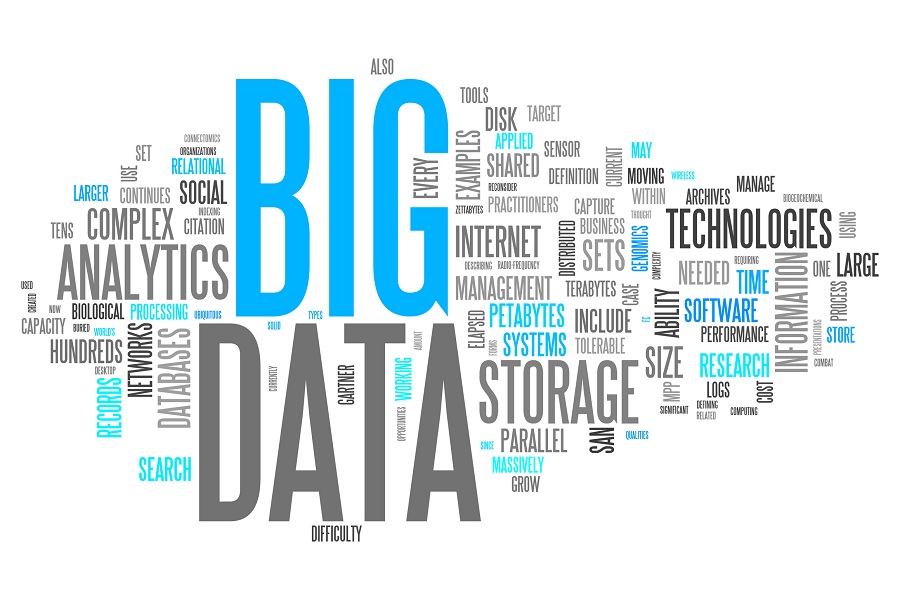Putting value on Big Data
Data is clearly valuable to the companies that collect it. But how valuable is it to the wider economy?

Inside the Enterprise: Data is clearly important to businesses of all types, but its value remains largely intangible.
Lots of companies perhaps all companies collect data in some form or another, whether it is customer information via CRM, mailing lists, transaction information or sales figures.
Then there the companies that build a business analysing and manipulating data: credit rating agencies, trend spotters, even social media consultants. And of course there are the professional services, legal and IT firms that help firms to manage their data, store it, and ensure that only the right people have access to it.
The value of data to others, though, is harder to capture. In some cases, such as credit rating agencies, the value of data is how much consumers, or companies, are willing to pay for it.
So far, though, companies have tended to look at data as, at best, a business enabler think Tesco's Clubcard or even, as an unavoidable cost. Data is only rarely seen as an asset, and it certainly ranks below cash, stock or even goodwill when it comes to calculating the value of a business.
That, though, could be shortsighted, according to Cebr, a business consultancy. For the second year in a row, Cebr, working with data analytics company SAS, has tried to put a value on data, not just in company vaults, but across the economy.
Cebr's methodology is deceptively simple: it categories the value of data according to the cost of collecting it, its market value, and the income it can generate.
Get the ITPro daily newsletter
Sign up today and you will receive a free copy of our Future Focus 2025 report - the leading guidance on AI, cybersecurity and other IT challenges as per 700+ senior executives
-
 Put AI to work for talent management
Put AI to work for talent managementWhitepaper Change the way we define jobs and the skills required to support business and employee needs
By ITPro
-
 More than a number: Your risk score explained
More than a number: Your risk score explainedWhitepaper Understanding risk score calculations
By ITPro
-
 Four data challenges holding back your video business
Four data challenges holding back your video businesswhitepaper Data-driven insights are key to making strategic business decisions that chart a winning route
By ITPro
-
 Creating a proactive, risk-aware defence in today's dynamic risk environment
Creating a proactive, risk-aware defence in today's dynamic risk environmentWhitepaper Agile risk management starts with a common language
By ITPro
-
 How to choose an HR system
How to choose an HR systemWhitepaper What IT leaders need to know
By ITPro
-
 Sustainability and TCO: Building a more power-efficient business
Sustainability and TCO: Building a more power-efficient businessWhitepaper Sustainable thinking is good for the planet and society, and your brand
By ITPro
-
 What is small data and why is it important?
What is small data and why is it important?In-depth Amid a deepening ocean of corporate information and business intelligence, it’s important to keep things manageable with small data
By Steve Cassidy
-
 Microsoft's stellar cloud performance bolsters growth amid revenue slump
Microsoft's stellar cloud performance bolsters growth amid revenue slumpNews The tech giant partly blames unstable exchange rates and increased energy costs for the slowdown
By Rory Bathgate

